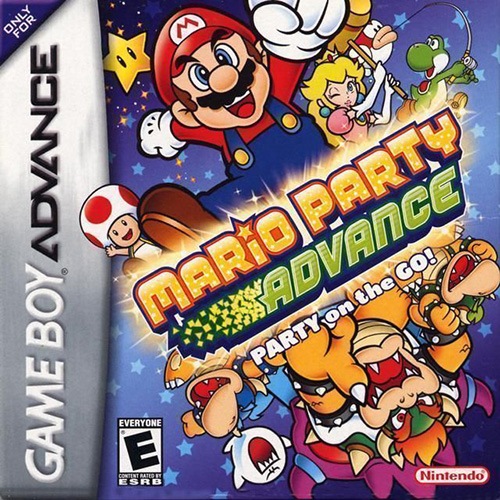

In addition, Switch dock support will be there from Day One, working out of the box. Our target is a transfer speed of approximately ~ 4.5MB per second give or take. The current transfer speed that we are achieving is ~4MB per second on a prototype device. We are convinced the transfer speeds are far in excess of any other similar product out on the market right now, which is just as well considering the biggest N64 game out there is 64MB in size. We have come up with a completely custom and lean design so that the person aiming to build this for themselves in DIY fashion will be able to build these relatively cheaply. And being able to take your own game copies with you and run them with RetroArch seems like an obvious next step to take. When we mentioned before that we want RetroArch to be its own game console, we pretty much meant it. That’s the level of integration we are aiming to achieve with this project, and none of the existing solutions out there really fit the bill. When you attach this to RetroArch, it should be hopefully as simple to play the game as it is on a real game console when you plugged in the cartridge. We want seamless integration with RetroArch. We have some high-level goals we aim to achieve with this project. It will be relatively cheap to assemble and much faster than any existing competing device out there that does the same task. Our first Proof of Concept hardware device is an N64 cartridge adapter that you connect to any device with a USB Type-C cable. RetroArch Open Hardware is our attempt to shake up this sector of the retro games market, and our effort to revitalize the DIY market and shift it away from proprietary solutions. While as a general rule of thumb, developers will always tell people to dump their own game cartridges, in reality there is nobody stepping up to the plate to make this either affordable, to integrate it well with existing software, or to make it possible for your homebrew hardware maker to easily build his own. The specs are closed so only a select few can assemble and sell them, limiting the ability of DIY homebrewers to make their own device. Because of 3, usually one or two stores can only sell them.ĥ. Rights to the product changing hands between sellers/store ownersĤ. There are some big issues with them though that limits their viability as something an average consumer can just buy readily off the shelf:ģ. So ProjectFuture finally materialises! From the beginning, we have been unsatisfied with the general state of the retrogaming scene when it comes to being able to dump and play your own legally bought game cartridges.


 0 kommentar(er)
0 kommentar(er)
